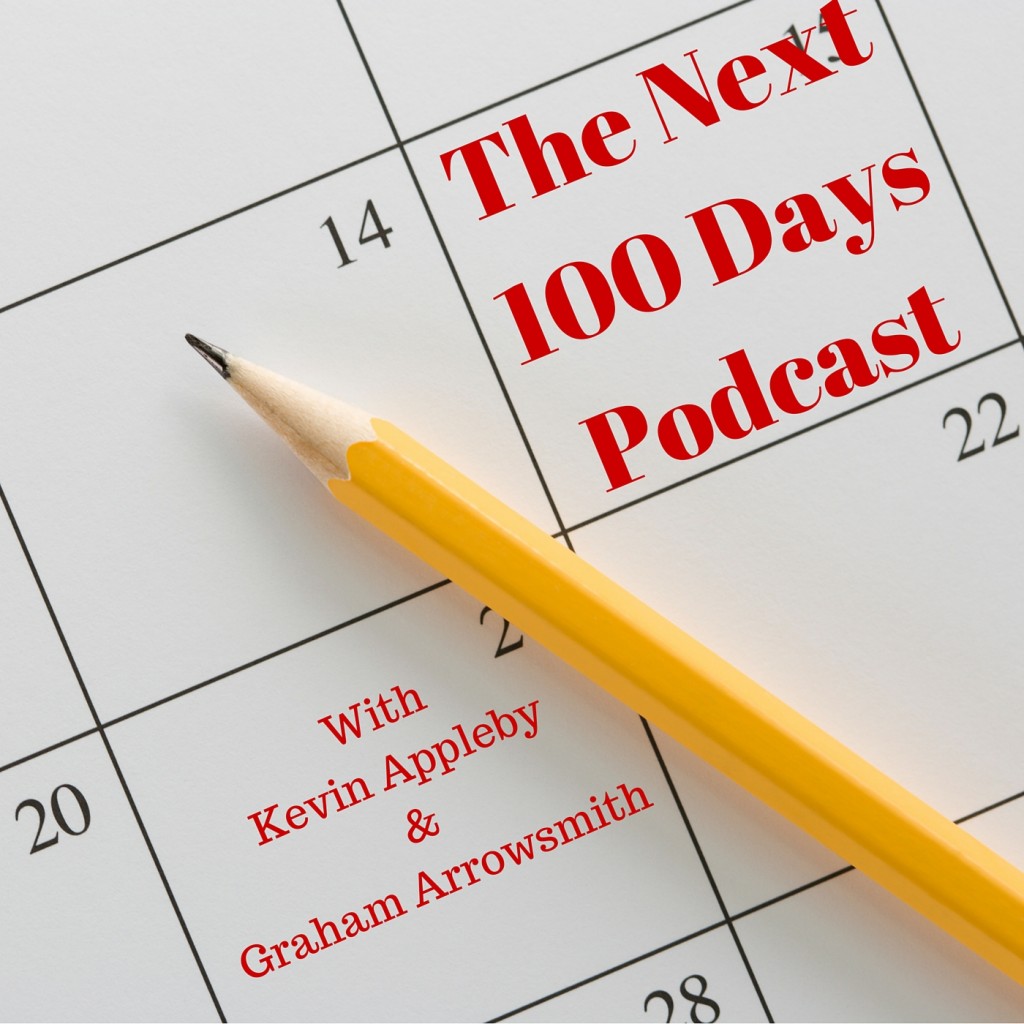The Insecurity Project with Jaemin Frazer
That ‘insecurity’ word…
Insecurity leads to poor behaviour, whatever you do. On this podcast, Jaemin Frazer, an ex-minister, shares the good word about insecurity. He discusses his business, The Insecurity Project, which some people thought was a silly name – who’d want to be associated with that? Well, now he is a life coach and gets straight to the point in this podcast on how to deal with insecurity and its impact. Jaemin’s awesome advice will help every single person (unless you’re a sociopath – then not so much).

Insecurity: an underlying issue
The reality is, everyone is insecure about something. Other problems in life are often covering an underlying sense of doubt about ones self. It’s a human condition and comes along side a need to be valued and validated. This is a human need – to feel significant.
“Named must your fear be before banish it you can…”
The first step is bringing your insecurity into the light. It is important to turn all the lights on, be precise about yourself and acknowledge it is your opinion of yourself that scares you. However, if this form of self-doubt is underlying and often long-term, how can insecurity be well and truly solved? As a life coach, Jaemin offers an idea of how he takes his clients through that process. Listen here for a snippet.
The next questions are “Where does this insecurity come from?” and “What creates insecurity?” It is common for us to look at events in our lives and wonder why it happened and what does it mean about ourselves. We are sense-making creatures; we look at events and often tell ourselves the story of what that happened in a way that reflects negatively upon ourselves. Both the where and the what of insecurity is found in the stories we tell ourselves; we are the ones who created the insecurity. This is good news because that means we are also the ones who can change our insecurities. In fact, we are the only ones that can change them.
Responsibility
Don Miguel Ruiz says “It’s not the words spoken to us or about us that shape us. It’s the words we agree with”. If you reject the words spoken to you, then they have no power over you. But, if you agree with those words, then you decide that that’s true. Those words become part of your filter system for future events. The quality of the stories we tell of ourselves determines the quality of the experience that we have of life. The moment we realise that, the moment there is hope. Yes the past can’t be changed. That’s not the point – we can change what the past meant.
The problem with insecurity and business
This insecurity is often imposter syndrome. This is the fear of being found out as inadequate. As an employee, you may have a couple of bad days a week but you can get away with it. It costs you far less. As an entrepreneur, you have to be on your A-game day in and day out. If you’re not, there’s no-one picking up the slack. You have to solve problems, be creative and be confident. Insecurity, then, is like driving a car with the handbrake on. It’s bad for you and it’s bad for the car. It gets in the way of good business. Insecurity, then, needs to be dealt with.
The only way we really get to see what we’re capable of is to show up to life without anything to prove and anything to defend. More than that, practice number five of Jaemin’s 7 Essential Practices For Overcoming Insecurity is to get help from someone who doesn’t care about you. That sounds harsh, I know. But the point is to convince the person suffering that you are NOT losing sleep over their stories – you are not the one with the problem and you have no vested interest. A coaching space facilitates conversation about change rather than a pastoral space which merely seeks to comfort. Doing this means that you show, until the person takes responsibility for their insecurity, their insecurity will go unsolved.
Helpful frameworks for insecurity
A fascinating read, Jaemin’s book provides a framework to help deconstruct life’s messiness. If you can deconstruct it, you can change it. This book helps to do this. The great challenge in this book is to not confuse the hero of the story. Coaches and therapists often like to be the hero – to offer advice, to care and to fix issues. However, this creates dependancy. What Jaemin’s job is is to empower people and to give them the right tools to make them the hero in the story. His book seeks to allow others to do what he does too. To motivate true, permanent change.
Ultimately, Jaemin shows there is hope in dealing with insecurity and lasting change is possible. Dealing with insecurity is good for us, our businesses and good for the world. Our responsibility is to validate our own existences and make confident decisions that can positively influence others.
Here’s a link to a FREE RESOURCE from Jaemin: The 7 Essential Practices For Overcoming Insecurity

The next 100 days podcast is sponsored by Linked Professionally and is brought to you by Kevin Appleby and Graham Arrowsmith





